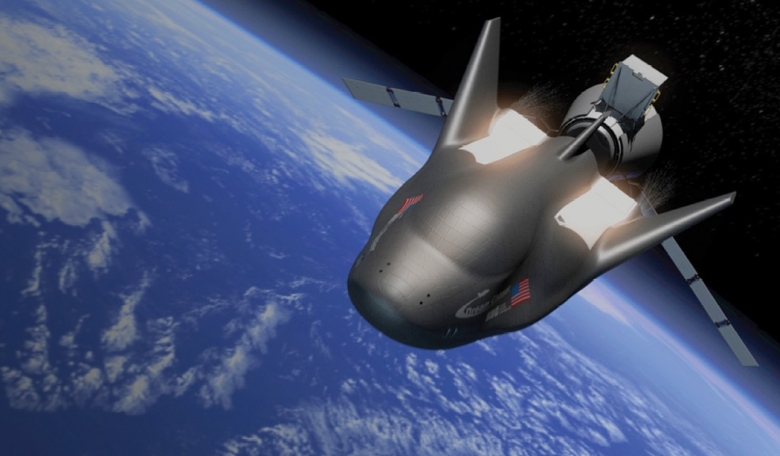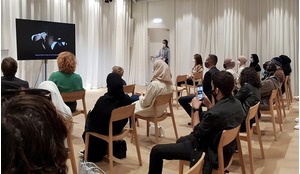The United Nations Office for Outer Space Affairs (UNOOSA) is pursuing a remit to ensure all of humankind can benefit from the use of space. Its latest initiative is a partnership with the space firm Sierra Nevada Corporation (SNC), which was announced in June 2016 with further details provided at the International Astronautical Congress (IAC) in Mexico in September. From 2021, the UN will partner with SNC to use the company’s Dream Chaser vehicle to offer Member States affordable unmanned reusable flights to low-Earth orbit (LEO) on the first ever United Nations space mission. In her article for ROOM, UNOOSA Director Simonetta Di Pippo explains why this is such an important initiative and how it will benefit developing countries.
At UNOOSA we promote increased access to and use of space-based technology and applications, including by helping Member States develop their own capabilities. In 2010 we launched our Human Space Technology Initiative (HSTI) to involve more countries in activities related to human spaceflight and make space exploration a truly international effort, inclusive and open to everyone.
Our partnership with SNC forms part of a wider strategy under HSTI of building space capacity of non-space-faring countries, particularly developing countries, so that they too can benefit from space technologies and activities.
We already have a number of other projects under the HSTI that complement the SNC partnership. KiboCUBE, an initiative with the Japan Aerospace Exploration Agency (JAXA), offers educational and research institutions from developing countries the opportunity to deploy cube satellites from the Japanese Kibo module of the International Space Station (ISS).
With JAXA, we recently selected the first successful candidates for this programme - a team from the University of Nairobi. The launch of their cubesat later in 2017 will allow Kenya to have a satellite in orbit for the very first time.
Find out more about the UN space strategy for non-space-faring countries in the full version of the article, available now to our subscribers.














